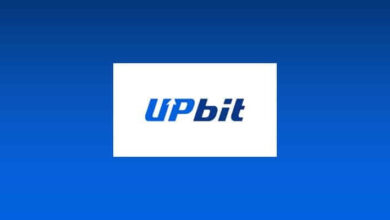Bitmain Pushes Ethereum ASIC Release to July, Citing Disappointing Performance

Bitmain’s new ASIC for Ethereum will only be released after July due to some initial problems with the chip’s performance that the company hopes to address before shipping it to customers.
Despite the increasing debate around ASIC miners, Bitmain is continuing with its plans to release an ASIC specifically catered for Ethereum by July.
According to a report by the Digital Times, the company is pushing its release of the Antminer E3 to July due to disappointing performance.
Currently, customers can already pre-order a unit, but they will be waiting quite a while until they are ready to ship, especially considering the fact that Bitmain will only be shipping a limited number of units.
Industry sources also note that the chip is being manufactured using the Taiwan Semiconductor Manufacturing Company’s 28-nanometer architecture.
This may explain why the Antminer E3 barely has a higher mining efficiency than a Radeon Rx 480 graphics card rig.
To help clarify what we mean, the Antminer E3 is advertised at 180 megahashes per second with an 800-watt nominal power consumption.
In contrast, a rig with six Radeon Rx 480 cards will produce 150 megahashes per second with a 900-watt nominal power consumption, and it’s hardly the most efficient GPU out there.
Modifying the card’s BIOS to make it more efficient at mining can raise the per-card hashrate to 55 Mh/s, but given its price point, the Antminer E3—priced at $800—is still more attractive than running six GPUs—often costing $400 each—simultaneously.
On Bitmain’s product page, we can see that the company is promising higher performance once the ASICs start shipping out. Underneath the specifications, we read this:
“These are conservative estimates. We expect the miners to deliver higher performance and efficiency when they are ready to ship.”
However, there is just one more fly in the ointment as far as an Ethereum ASIC is concerned.
On April 1, Vitalik Buterin announced a push for a 120-million Ether cap on the network and a move towards a proof-of-stake model.
With such a model, people will no longer be able to mine Ether, instead having to rely on a different block verification model.
Incidentally, this will also end any ambition that Bitmain has in selling ASICs that operate in the network.
If Ethereum completely eliminates mining altogether from its network, this may strike the ire of many who were hoping to mine the cryptocurrency with their new units.
Source: cryptovest























